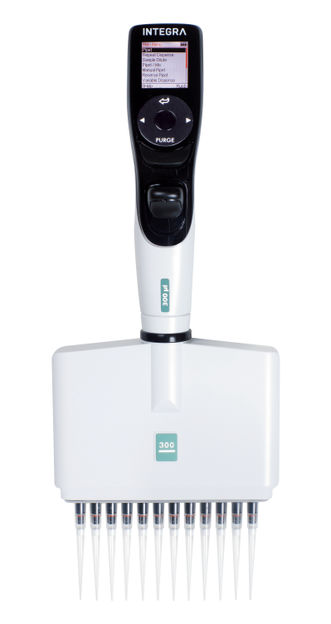FDA approves new therapy for certain types of advanced soft tissue sarcoma
The U.S. Food and Drug Administration today approved Yondelis (trabectedin), a chemotherapy, for the treatment of specific soft tissue sarcomas (STS) – liposarcoma and leiomyosarcoma – that cannot be removed by surgery (unresectable) or is advanced (metastatic). This treatment is approved for patients who previously received chemotherapy that contained anthracycline.
According to the National Cancer Institute, STS is a disease in which cancer cells form in the soft tissues of the body, including the muscles, tendons, fat, blood vessels, lymph vessels, nerves and tissues around joints. Liposarcoma and leiomyosarcoma are specific types of STS that occur in fat cells (liposarcoma) or smooth muscle cells (leiomyosarcoma). STS can form almost anywhere in the body, but is most common in the head, neck, arms, legs, trunk and abdomen.
“The treatment of advanced or metastatic soft tissue sarcoma represents a difficult challenge with few effective therapeutic choices available for patients,” said Richard Pazdur, M.D., director of the Office of Hematology and Oncology Products in the FDA’s Center for Drug Evaluation and Research. “Today’s approval of Yondelis provides a treatment option for advanced or metastatic liposarcoma and leiomyosarcoma.”
The effectiveness and safety of Yondelis were demonstrated in 518 clinical trial participants with metastatic or recurrent leiomyosarcoma or liposarcoma. Participants were randomly assigned to receive either Yondelis (345 patients) or dacarbazine (173 patients), another chemotherapy drug. Participants who received Yondelis experienced a delay in the growth of their tumor (progression-free survival), which occurred on average about 4.2 months after starting treatment, compared to participants assigned to dacarbazine, whose disease progressed an average of 1.5 months after starting treatment.
The most common side effects among participants who received Yondelis were nausea, fatigue, vomiting, diarrhea, constipation, decreased appetite, shortness of breath (dyspnea), headache, tissue swelling (peripheral edema), a decrease in infection-fighting white blood cells (neutropenia), low blood platelet counts (thrombocytopenia), low red blood cell count (anemia), elevated liver enzymes and decreases in albumin, a protein found in blood.
Yondelis carries a warning alerting health care providers of the risk of severe and fatal blood infections (neutropenic sepsis), muscle tissue breakdown (rhabdomyolysis), liver damage (hepatotoxicity), leakage around the vein or catheter (extravasation), tissue necrosis (breakdown) and heart failure (cardiomyopathy). Patients with known hypersensitivity to trabectedin, a drug used to treat cancer, should not take Yondelis.
Health care providers are also encouraged to advise women of potential risks to a developing fetus when taking Yondelis. Women who are taking Yondelis should not breastfeed.
Yondelis is marketed by Janssen Products of Raritan, New Jersey.
Most read news
Organizations
Other news from the department research and development

Get the life science industry in your inbox
By submitting this form you agree that LUMITOS AG will send you the newsletter(s) selected above by email. Your data will not be passed on to third parties. Your data will be stored and processed in accordance with our data protection regulations. LUMITOS may contact you by email for the purpose of advertising or market and opinion surveys. You can revoke your consent at any time without giving reasons to LUMITOS AG, Ernst-Augustin-Str. 2, 12489 Berlin, Germany or by e-mail at revoke@lumitos.com with effect for the future. In addition, each email contains a link to unsubscribe from the corresponding newsletter.
Most read news
More news from our other portals
Last viewed contents
Jeanne_Villepreux-Power
Lundbeck

A new animal model to understand metastasis in sarcomas
Judith_Goslin_Hall
Stephanie_Schwabe
Enzyme_inhibitor
Biotechnology for soaking and liming




















































